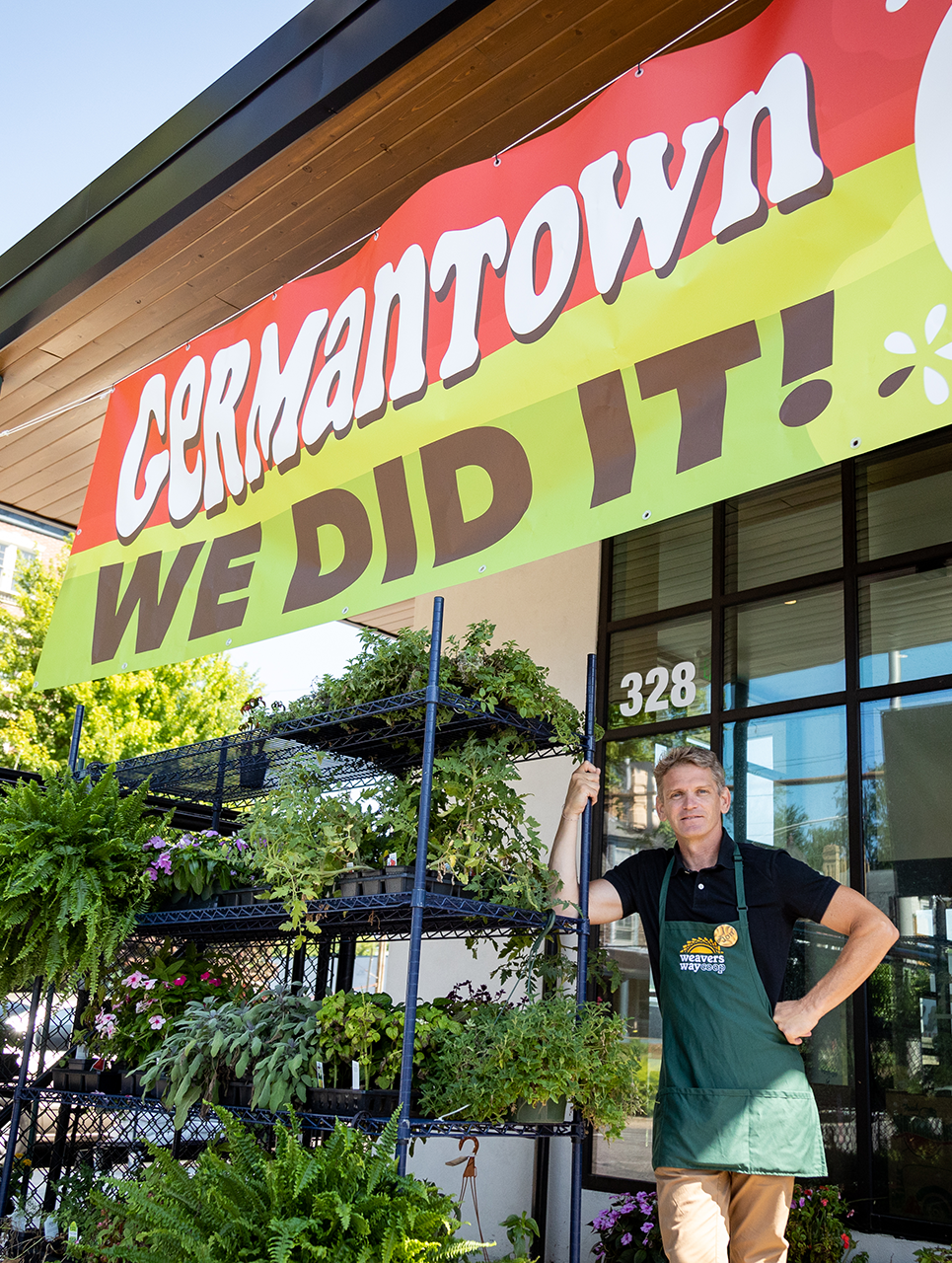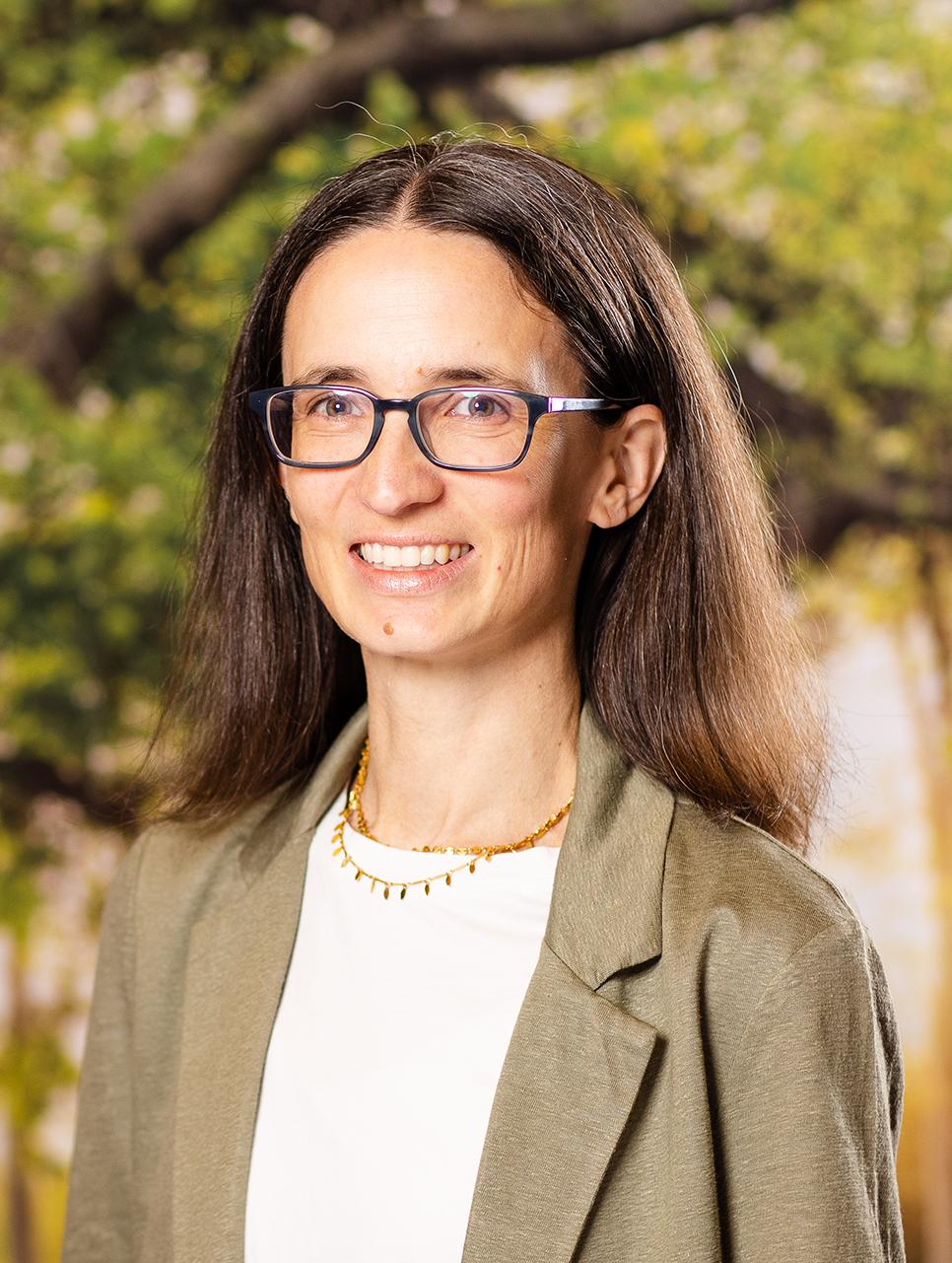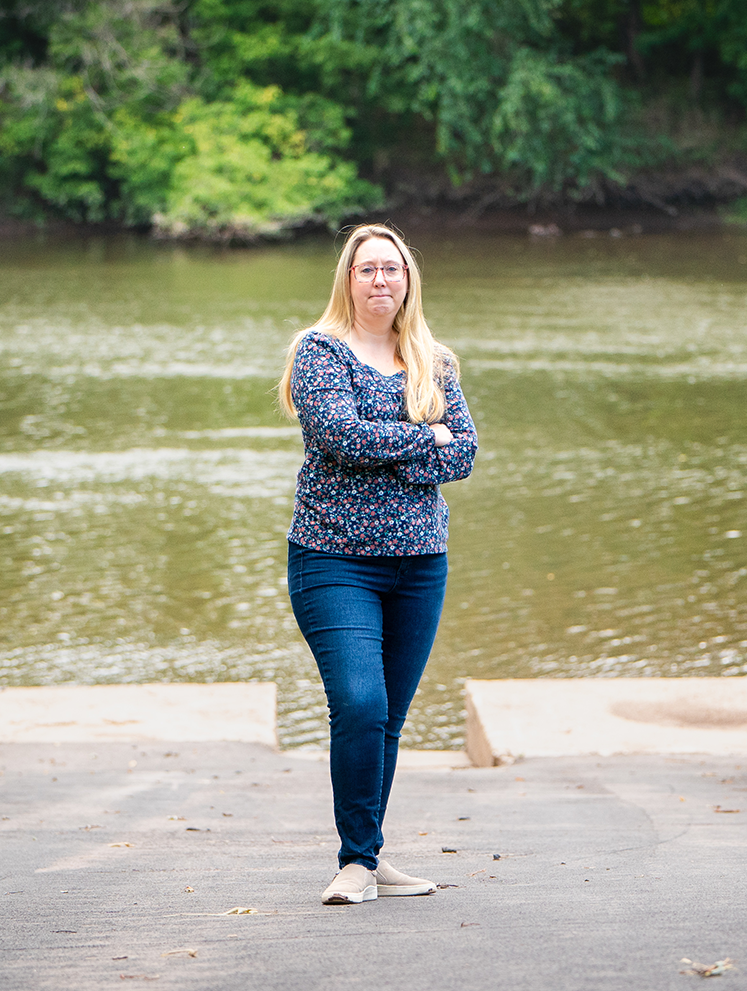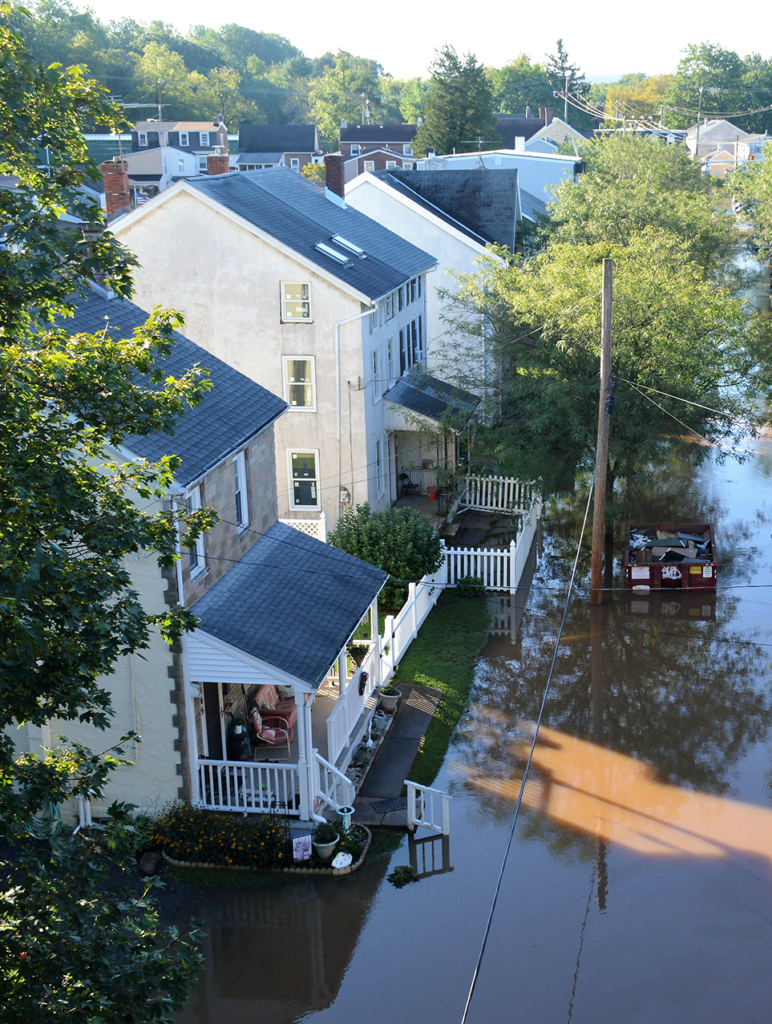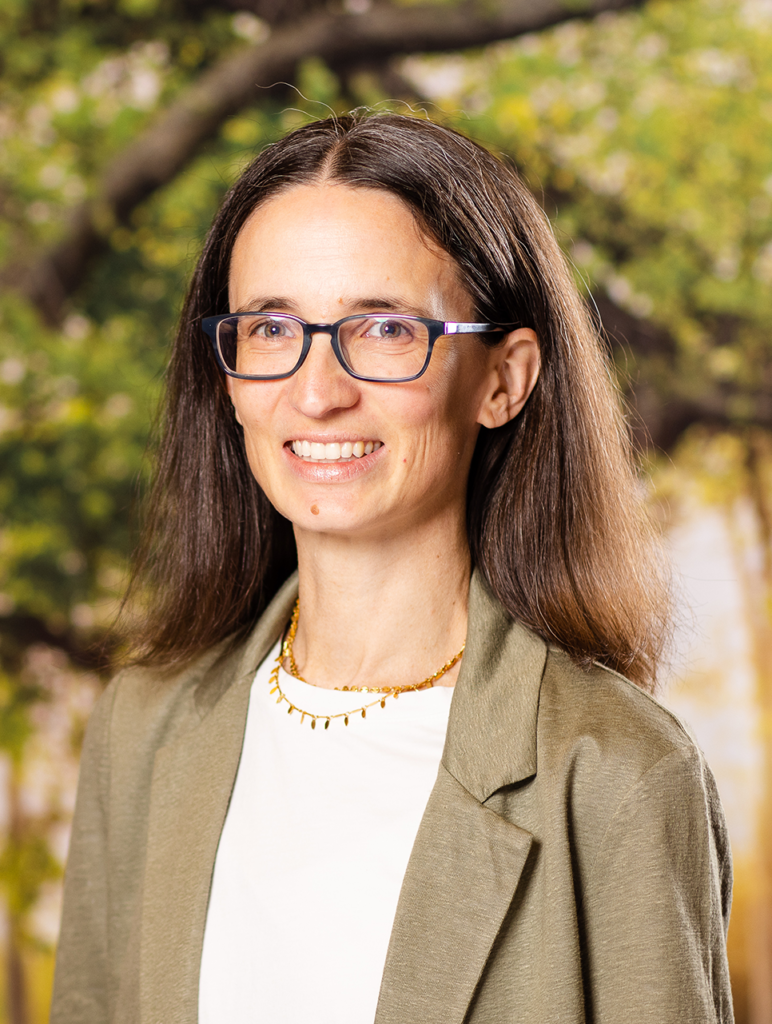When Weavers Way Co-op started building their new store in Germantown, they realized its roof was the perfect site for a solar array. Members had long hoped to power their operations with clean energy. There was only one problem: There was little chance the co-op would be able to pay upfront for installation.
“We’re consuming a lot of electricity and so we are always looking for more sustainable alternatives,” says Weavers Way general manager Jon Roesser. “The tricky part is we also have to be mindful of our operating costs.”
In Pennsylvania, it takes a while for businesses’ solar installations to pay off. Conventional electricity in the state is cheaper and fewer solar incentives exist than in surrounding states, especially for larger buildings.
The Clean Energy Co-op (CEC) is working to change that by making solar array installations affordable for small businesses and nonprofits, including Weavers Way Germantown, which had a 140-panel array installed in August.
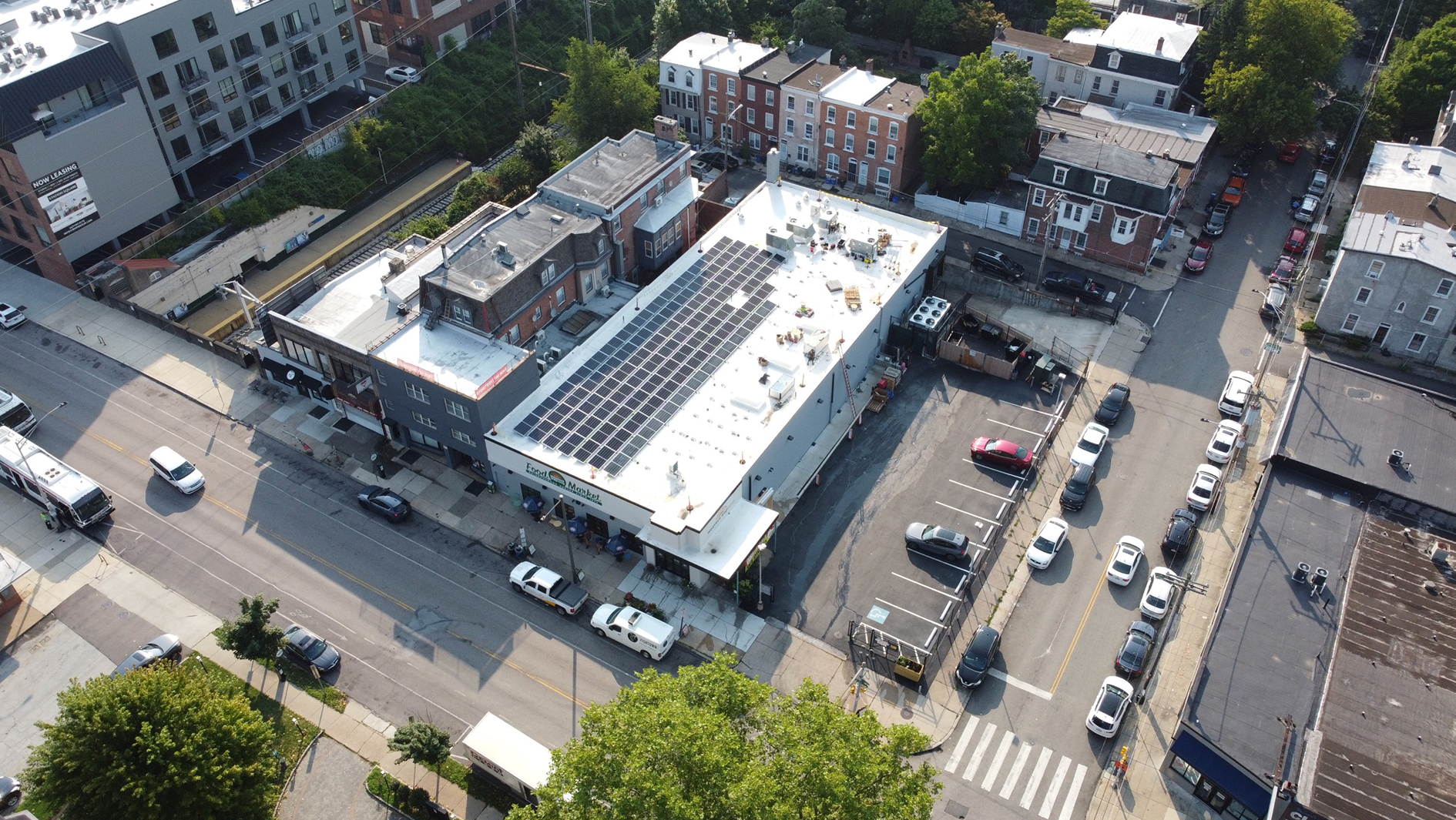
The CEC was founded in 2014 out of the Sustainable Energy Education and Development Support (SEEDS) organization in Honesdale, Wayne County. Using the co-op model where members pay a fee and can opt in for additional investments, they have been able to install solar arrays on locations across eastern Pennsylvania. Its six previous projects include organic farms, a church and a local theater.
CEC customers have two options for financing their solar arrays: a low interest loan or a power purchase agreement, both of which are set to reflect what a standard electric company would charge. Customers generally don’t have to come up with any of the capital costs — they’re only responsible for purchasing the electricity.
“They just have to pay their electric bill,” says Marion Biddle, a member of both co-ops who played a large role in starting the project at Weavers Way. “And they’d have to do that anyway.”
The CEC, which has about 170 members, funds projects through a combination of general shares ($100 for a lifetime membership) and $1,000-increment preferred shares, which are offered when a new project begins. When a project starts paying back, those shares can then be used to finance new projects.
The CEC also keeps their overhead low by relying on volunteer work in addition to members’ investment.
“What I want to do is really try to empower people, that we can actually make a change,” says Joy Baxter, the founder of the CEC’s Havertown chapter. “It’s people, community, environment and then profit. This is socially conscious investing.”
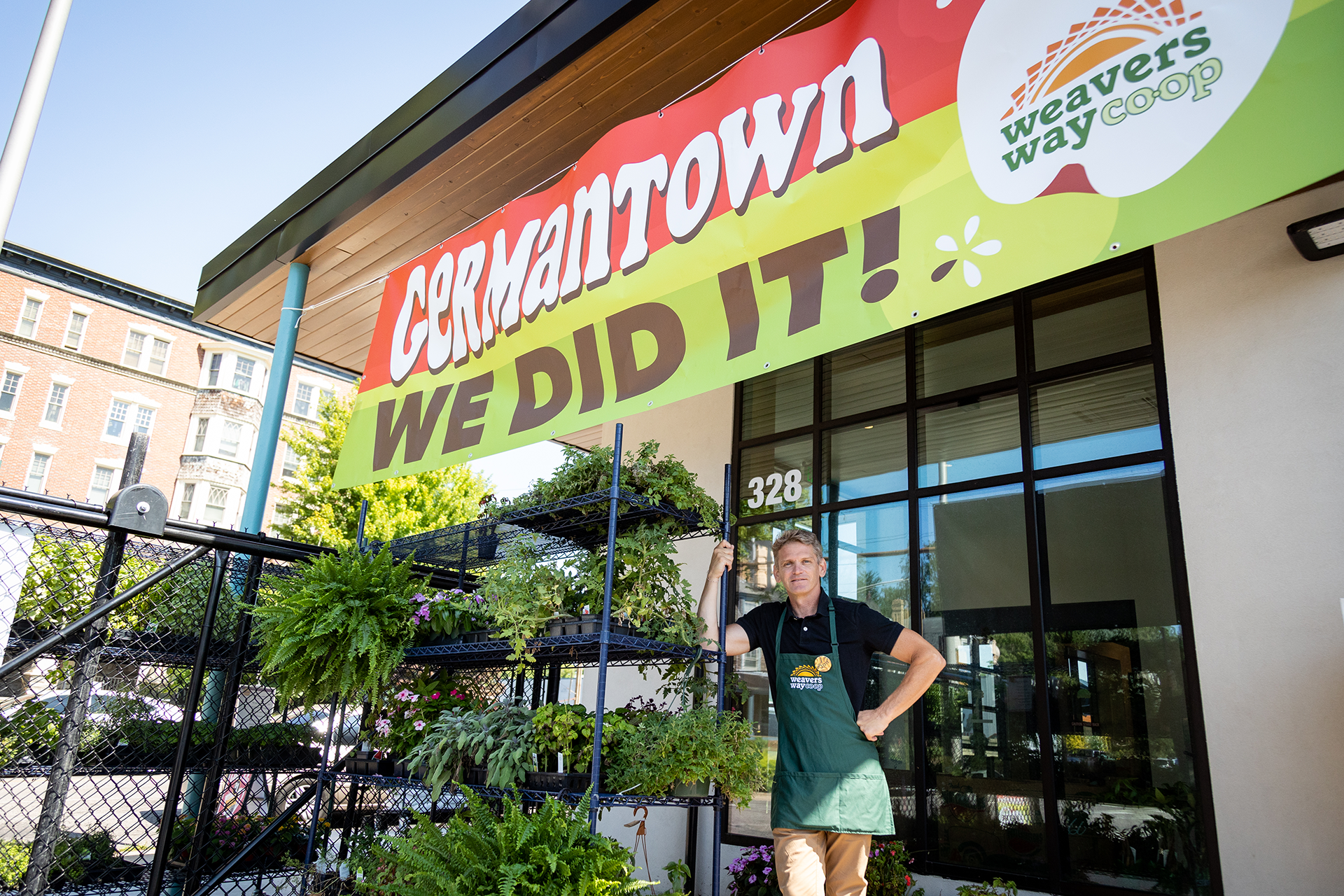
A critical part of both CEC and Weavers Way’s missions is keeping profits tied to community members.
“It’s what gets me up in the morning,” Roesser says. “The people that are actually earning the profit from the investment are small local investors as opposed to a big energy corporation.”
The co-ops selected Olde Kensington-based Solar States, which installed the array in mid-August.
“We’re just doing a different model than what people normally think of as the regular business model,” Baxter says. “People want to be connected to other people, to do things together, and I think it’s just amazing. I don’t think any one of the people in the Clean Energy Co-op could themselves finance one of these solar installations, but collectively we can.”


